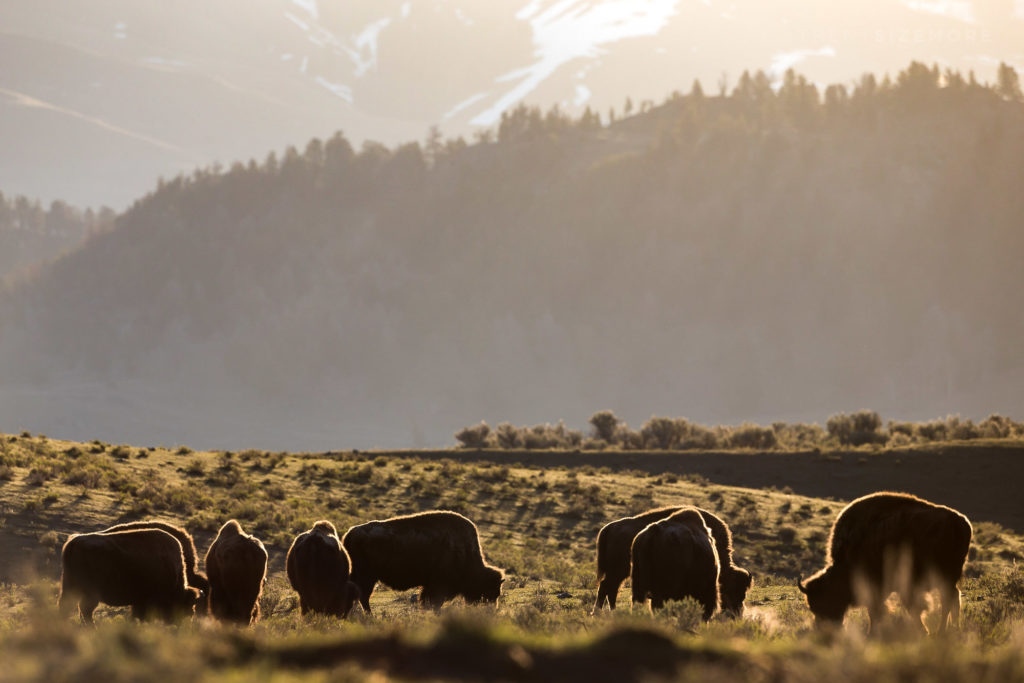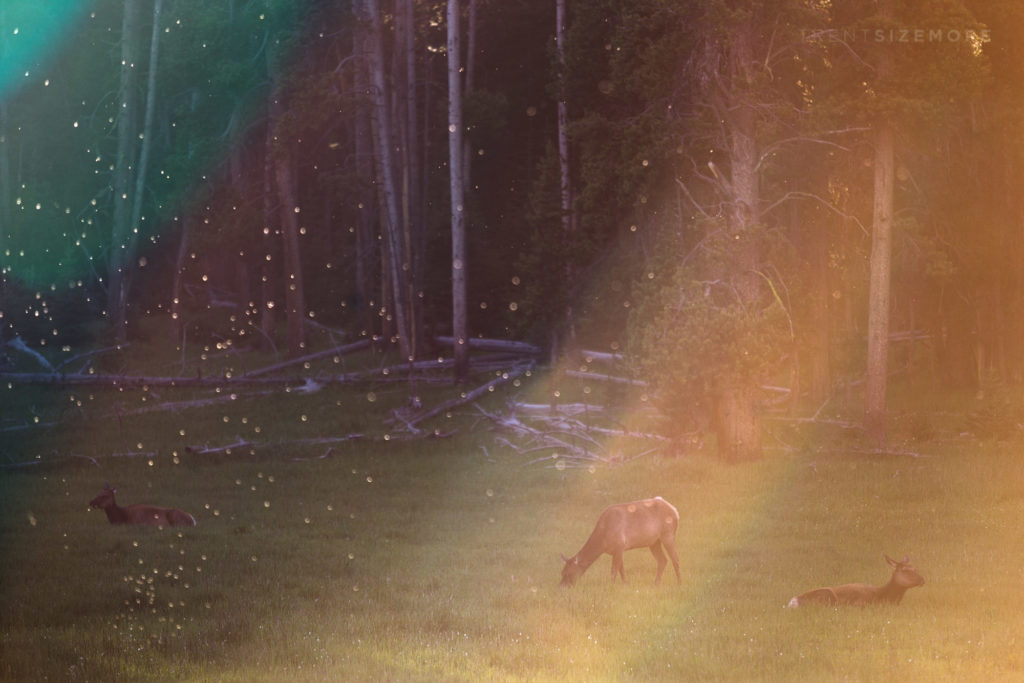Photography can be divided into two main topics – the technical side and the creative side. Both are important, but which one really helps you improve your work the most?
The technical side of photography is the left brain stuff – it’s logical. An image is either in focus or it’s not. Exposure is mathematical – there is a “correct” exposure to calculate for any light source. White balance can be set correctly for your light source as well.
The creative side is completely different. It’s a right brain function – more artistic and less concrete. Some people do have an “eye” for things like composition, but not every photographer will. Creativity can be taught, but it’s not as clear-cut what is “good” or not. It scares people because there are no set rules.
KNOWING YOUR CAMERA
The fundamental elements of exposure and autofocus are crucial to grasp before you can really move on to the next creative level of photography. When you know the resulting effect of each adjustment you make, you can create the image you want to see.
After that, the creative aspects become much more important to making an image that really “works.” The majority of your viewers don’t care if you used ISO 800 or ISO 8,000 to create an image. An emotional response to your image comes from the visual experience and story you tell, not from how technically “perfect” it may or may not be.
With that said, you can’t just throw technique out the window. You should always work to improve your skills. Blur should not be unintentional, and preventing blur comes from understanding shutter speed, autofocus, and long lens technique. Combining a technically solid image with a scene and subject that really touches people is what creates the absolute best shots.

WHAT IS GOOD CREATIVITY?
Here’s the key idea to understand – there is no “good” or “bad” when it comes to creativity. It’s a completely personal preference. You should be creating the images you picture in your mind. By learning your camera, you can utilize that tool to realize that picture in your mind. With that said, there are images that work and there are those that don’t. Both technical and creative elements, plus the uncontrollable elements of your scene, will determine whether an image “works” or not.
Photography contests can quickly rank images based on their technical merit (sharpness, low noise, good exposure). When it comes to the creative side of the image judging process, it becomes more of a personal preference of the judging panel. I’ve read of many instances where two photographers took the same incredible shots at the exact same time, but only one wins the same contest. How can the judges choose which one is “better?”
Images that become more abstract, creative, or ambiguous seem to become more difficult for your viewer to understand. You can’t please everyone with your creative ideas, so don’t even start going down the road of making work that others want to see.

While composition is on the creative side of the fence, there are still guidelines and ways to that enhance your vision and emphasize your subject. You can use color, line, shape, etc. to draw your viewer’s attention to where you want it. Composition can make or break an image. You can have phenomenal lighting, a great subject, and nail the exposure, but if your composition is so distracting that your viewer loses focus… the image won’t work.
P.S. Whenever you’re ready, here are a couple of ways I can help you improve your photography.
1. Download my free wildlife photography eBook
Five quick, easy tips that you can start using right away to improve your wildlife photography — Click Here
2. Join a photography workshop in Yellowstone
Improve your photography with hands on instruction in an environment rich with opportunities for both wildlife and landscape photography — Click Here


thank you – this was helpful. my friends often have no trouble connecting to the emotion in my pictures (the word peaceful comes up most often) – but technically i have no idea what i’m doing & i can often see what i would change to enhance a photo but don’t know my camera settings well enough yet to produce it consistently.
I’m more creative I’m a newbie just 2 yrs photography but one the top photographers on viewbug.com an got a notice from Nat geo but I’m working on those tech points.
One of my main problems is composition. I’m actually not a year old in photography yet. I’m learning but it seems slowly
Nice job.
Thanks Brad!